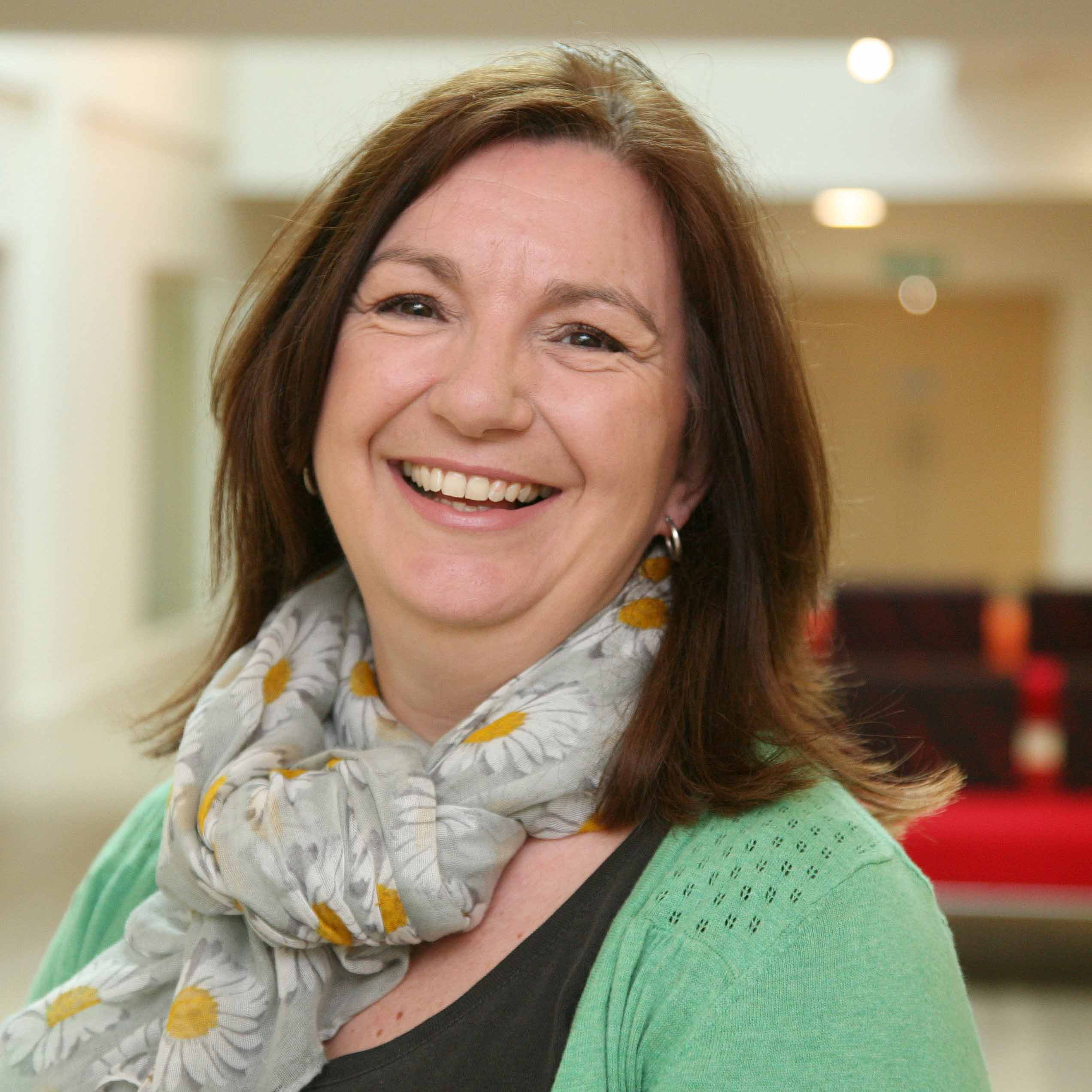We know our academic colleagues have a lot to juggle and that communicating about your findings and promoting your expertise can feel like an additional chore you really don’t need.
But don’t worry, your in-house Communications Team is here to make it simple.
Dedicated departmental support
We’re a small but committed team, with experience in journalism and media relations, copywriting and storytelling, publications, crisis communications, social media, and producing video and audio content.
We each take responsibility for specific departments, so when you have a story to tell, you’ll get dedicated support from someone who knows your department.
Seeking media coverage for your findings
With your help, we’ll take time to understand your research findings, identify the most newsworthy angles and write a press release.
We’ll use our expert knowledge of the media to pitch your story to the right journalists at the right outlets, liaising with your funders and partners as necessary along the way.
Using our media contacts we’ll help your story get the attention it deserves.
Promoting you as an expert commentator
If you’d like to provide expert comment or opinion on breaking news stories we can identify opportunities for you to react to the news agenda.
Using our partnership with Globelynx, and contacts at media planning desks, we can pitch you daily to journalists and media outlets, and help set up interviews for you.
Publishing web content about your work
We want to promote your research to our own community too, and make sure the University’s website reflects and promotes the depth and breadth of Essex research.
We can write our own stories about your research activities for the news page, as well as in-depth case studies of impact for the research showcase.
Everything we publish gets promoted through our social media channels and in Essex Weekly.
One-to-one support for media interviews
Whether it’s for a print journalist or a broadcast outlet, we can talk you through our top tips for giving an effective interview.
We can help you hone your top line and key messages, understand your audience and how to speak to them in an engaging and accessible way, and anticipate lines of questioning. We can even help you pre-empt possible difficult questions and plan how you might answer.
Media training to develop your skills
We offer introductory training events for researchers interested in finding out more about engaging with the media and how to do it successfully. We also occasionally provide broadcast interview masterclasses for small groups.
All our training sessions are advertised on HR Organiser and Proficio, and through Essex Weekly.
There are also lots of useful tips in our blog series too:
Why bother with the media?
How to give a great broadcast interview
How to deal with difficult questions in a broadcast interview
How to write for The Conversation
Advice any time you need it
We’re here to help whenever you need it. You can contact us by email and, if it’s really urgent and outside normal office hours, our team mobile number is on our out of office auto reply.
In the meantime, if you want to talk through a project, you can contact us individually:
Kate Clayton for: Edge Hotel School; Essex Pathways; Literature, Film, and Theatre Studies; Philosophical, Historical, and Interdisciplinary Studies
Ewan Foskett for: Sport, Rehabilitation and Exercise Sciences; Psychology; Life Sciences; Computer Science and Electronic Engineering
Alex Gidden for: Law; Human Rights; East 15 Acting School; Health and Social Care; Mathematics, Statistics and Actuarial Science.
Vicky Passingham for: Economics; Government; Sociology; Language and Linguistics
Karen Shead for: Essex Business School; Psychosocial and Psychoanalytic Studies





